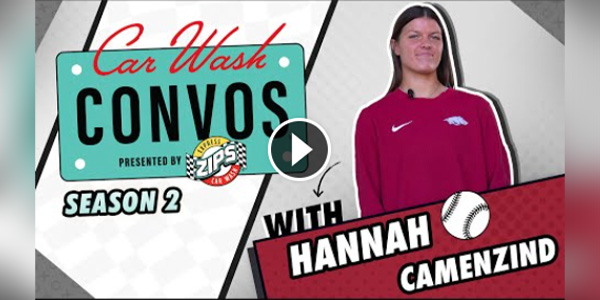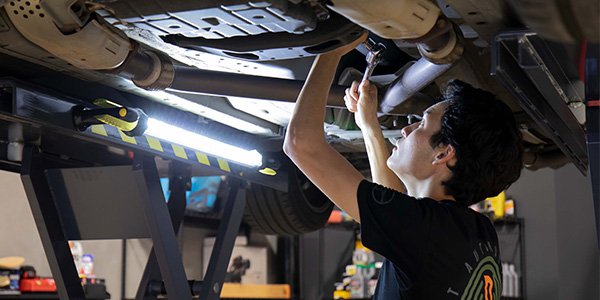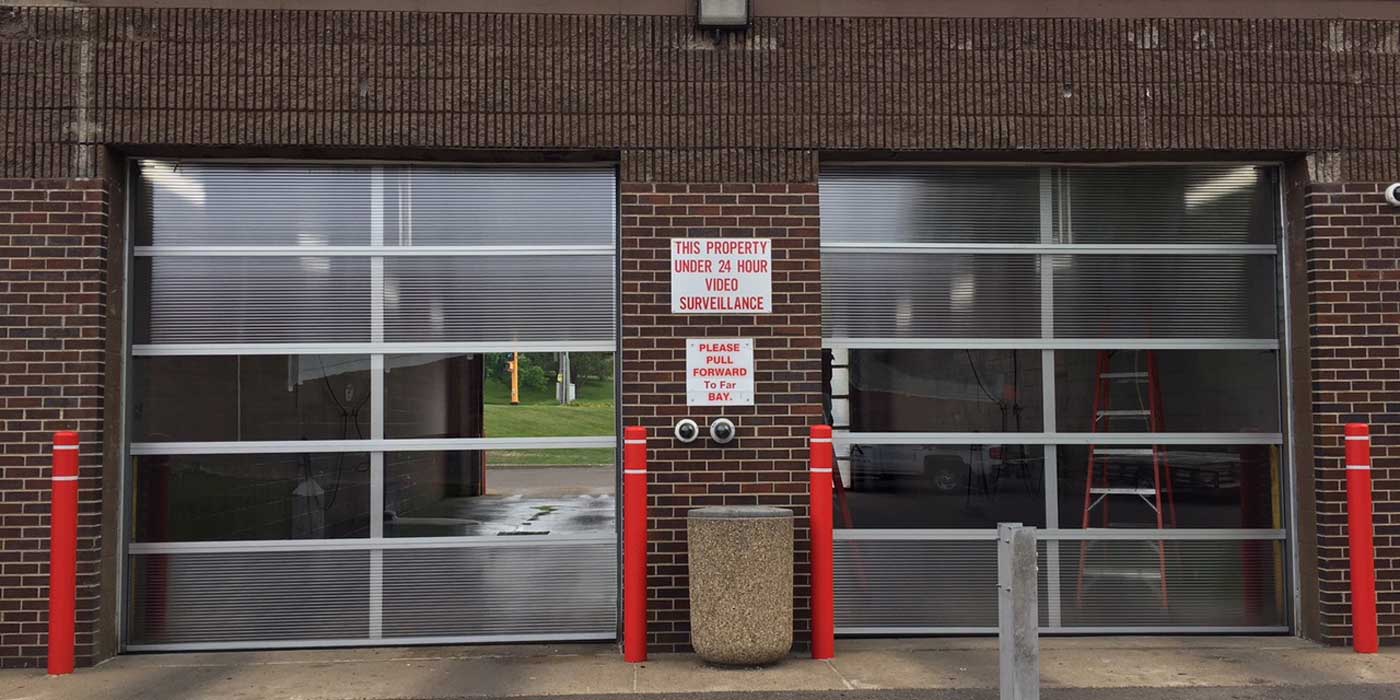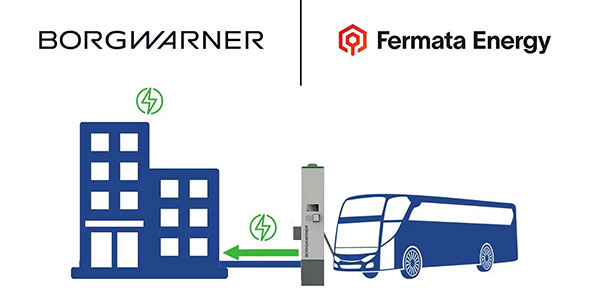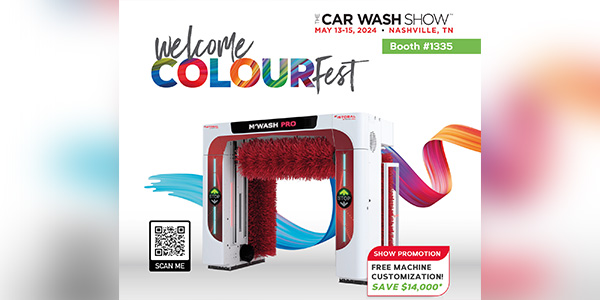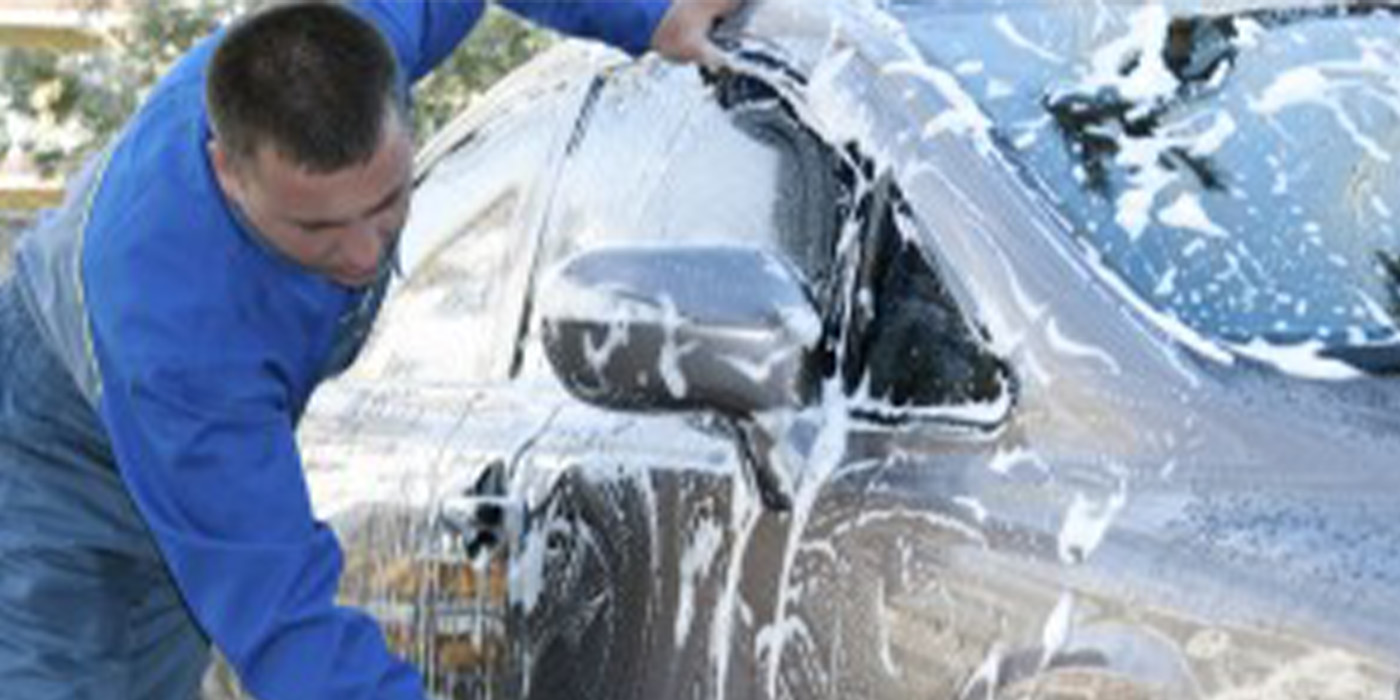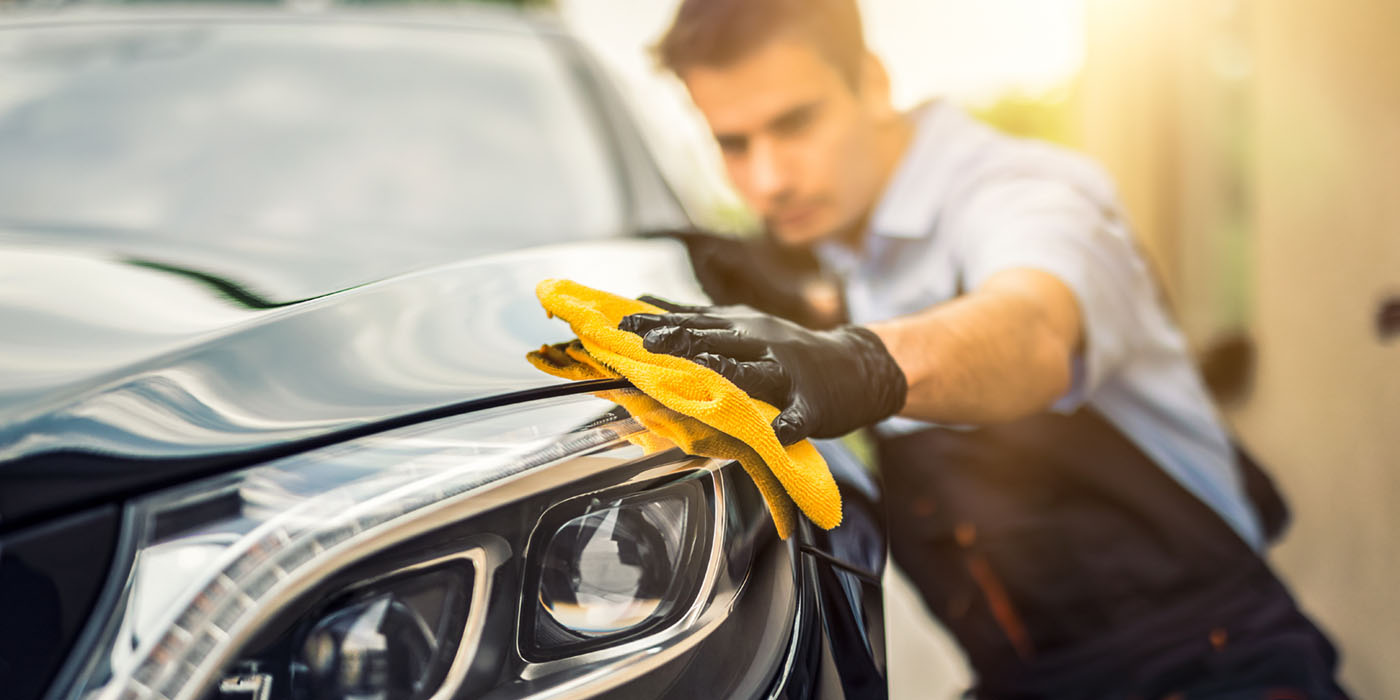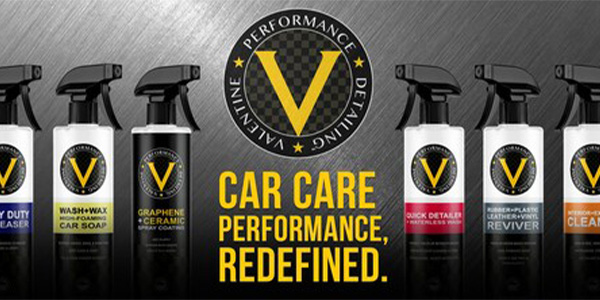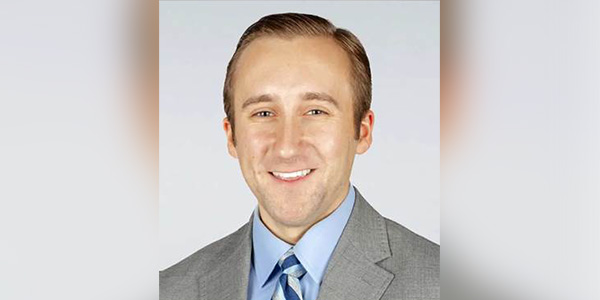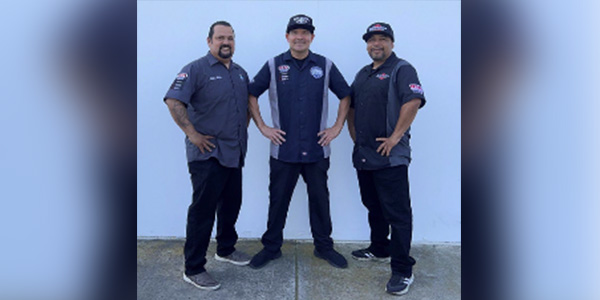By Klaus Reichardt, Contributing Writer
While the professional carwashing industry has suffered over the past few years, as have many U.S. industries, it does appear things are looking up. The U.S. Census Bureau estimates the industry’s annual revenue is around $6 billion and growing, with an estimated workforce of 350,000 and growing. It also approximates that the number of cars washed in professional carwashes is over 2.3 billion annually with approximately 8 million cars washed daily in the United States.*
Further, each car washed in a professional carwash location is estimated to use about 40 gallons of water. If 8 million cars are washed annually, that means this one industry uses more than 3.2 billion gallons of water each year. That is a huge amount of water and one reason the professional carwash industry — rightly or wrongly — is so frequently targeted when water shortages and droughts develop around the country.
According to John Bennett, president of Sun Country Car Wash Systems, a vehicle wash distributor based in El Paso, TX, “A decade ago, water just was not an issue, but now water has become as tight a commodity as oil in this part of the country.”
Bennett adds that carwashes in the El Paso area can use up to a quarter of all the water used in the area, and it is because of this that city and state regulators watch them so closely, especially during dry or drought conditions. At these crucial times, professional carwashes are targeted more than other industries to find ways to conserve water.
And it’s no longer just in the dry southwest that city and state officials keep their eyes on carwashes. While they are awash in water as this article is being written, Georgia and other parts of the Southeast have been flirting with a water disaster for the past several years. In fact, until recently, Georgia and surrounding areas were labeled an “exceptional drought” area, which is the highest and most severe drought rating possible.**
While conserving water, especially during a water shortage, is appropriate for all businesses, not just carwashes, conservation may not be the answer to all our water problems in the United States. Instead, finding ways to use water more efficiently may prove more effective.
What Is water efficiency?
Although water conservation and water efficiency are certainly related, there is a big difference that carwash professionals should be aware of. Earlier we mentioned the dire water-shortage problems Georgia has experienced over the past few years. During this time, the state implemented scores of water restrictions in an attempt to conserve water. This is a perfect example of water conservation: Implementing ways to reduce water use during a drought or water shortage.
Water efficiency, on the other hand, is a much broader concept and does not necessarily reflect current water conditions. According to the Environmental Protection Agency (EPA), “Water efficiency means using improved technologies and practices that deliver equal or better water service [but] with less water.” In other words, instead of reducing water consumption to address a current drought or shortage, water efficiency is for the long term.
And because the EPA also predicts that the United States will have to grapple with more water shortages in the future — along with it, significantly higher charges for water in coming years — looking at long-term water efficiency measures is critically important to all of us, especially professional carwashes whose businesses are so dependent on water.
Establishing a water-use benchmark
Before looking into equipment, water systems, and methods that can help carwash facilities use water more efficiently, the first step in the process is to establish a benchmark — determining exactly how much water is currently being used in the facility per car, per day, per week, per month, and most importantly, per year. This can vary based on a number of factors, such as area of the country, climate, even day of the week. For instance, the U.S. Census Bureau says that based on sales, the busiest days of the week for carwash facilities are Friday and Saturday. Further, the busiest months of the year, again based on sales, are in the winter with the fall months the slowest time of the year.
Because of this month-to-month variability, a water benchmark must be based on annual water consumption figures and should go back three or more years so that a solid average can be determined. Using sales figures and related records, carwash professionals can then determine approximately how much water they are using per car, per day, per week, and so on. Once this has been figured, equipment and systems that use water more efficiently can be explored and their benefits, including a return on their investment, can be calculated.
Tracking all water use
While the bulk of the water used in a professional carwash facility is most certainly used to wash cars, owners and managers are advised to not just benchmark how much water is used to wash cars but how much is used in other areas of the facility as well. In a typical commercial facility, as much as 60 percent of all water is used in restroom plumbing fixtures. Because of this, restrooms, even in carwash locations where they may only be used by staff, cannot be overlooked as a place to save water.
To ensure that restroom fixtures use water most efficiently, carwash owners should replace any older toilets, especially those manufactured more than 20 years ago, with fixtures that use no more than 1.6 gallons of water per flush, preferably less.
Similarly, older urinals can be significant water wasters. While low-flow urinals are now available, many carwash locations and other facilities have found that no-water or waterless urinal systems can be one of the most important ways to use water more efficiently. Although it can vary, one no-water system on the market can typically save from 20,000 to as much as 40,000 gallons of water annually.
Finally, water faucets represent huge water-saving potential. A faucet can use as much as three gallons of water per minute (gpm). With the simple and very inexpensive installation of aerators, this can be reduced to as little as 0.5 gpm.
As to water used in the actual washing of cars, carwash professionals can take such steps as:
· Making sure their waterdispensing systems are working together to be as water efficient as possible
· Encouraging all staff members to be diligent about checking equipment for leaks; nozzles that are clogged, worn or functioning improperly resulting in water waste
· Ensuring that water reclamation methods are in place to help reduce the need for fresh water
· Implement a schedule of preventative maintenance, checking and repairing as needed all dispensing and application equipment to help ensure peak efficiency
· Keep water efficiency on the front burner; realize that water efficiency is a journey; carwash professionals must always be looking for new ways to use water wisely and more efficiently.
The opportunities in water
Carwash professionals have a unique opportunity to dramatically reduce the amount of water used in their facilities. And instead of being a target when water shortages materialize, by using water more efficiently, they can become an example of what can be accomplished and how it can be accomplished, for other businesses and industries to follow.
Klaus Reichardt is founder and CEO of Waterless No-FlushUrinals, Vista, Calif. Reichardt founded the company in 1991 with the goal to establish a new market segment in the plumbing fixture industry with water conservation in mind. Reichardt is a frequent writer and presenter, discussing water conservation issues. He can be reached at [email protected].
*Based on 2012 statistics.
**Droughts are ranked as to severity by the National Drought Mitigation Center at the University of Nebraska–Lincoln, the United States Department of Agriculture,and the National Oceanic and Atmospheric Administration.The rankings are extreme drought, severe drought, and moderate drought.


